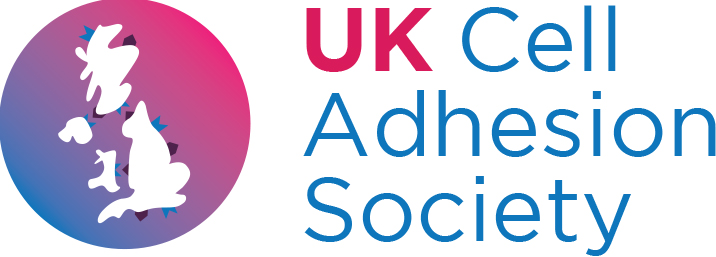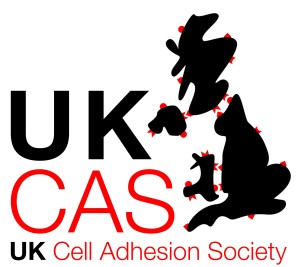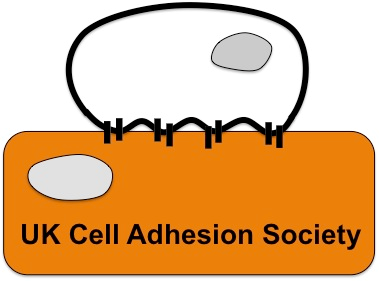Postdoctoral Research Associate the Centre for Regenerative Medicine, University of Edinburgh, Scotland, UK
A postdoctoral research associate position is available to work on analysis of mechanisms underlying the endothelial-to-haematopoietic transition (EHT) and generation of haematopoietic stem cells. You will use embryonic aorta-gonad-mesonephros (AGM) cultures and ES cells to explore effects of mechanical cues and signalling microenvironment. The study is built on long-standing expertise of Medvinsky’s group in the area of developmental haematopoiesis. Micropatterned substrates will be employed to enhance precision and manipulation of culture conditions (collaboration with Dr G. Blin’ group “Quantitative Biology of Pattern Formation”).
You are encouraged to apply if you have expertise in developmental biology, cell signalling, cell culture and imaging. The position is available until 28/02/2026. For enquiries, please email Alexander Medvinsky (a.medvinsky{a}ed.ac.uk) including motivation letter and your CV.
More detailed information can be found here: https://www.ed.ac.uk/regenerative-medicine/about/work-with-us/vacancies/postdoctoral-researcher-medvinsky-lab-26-jun-23
Read More








